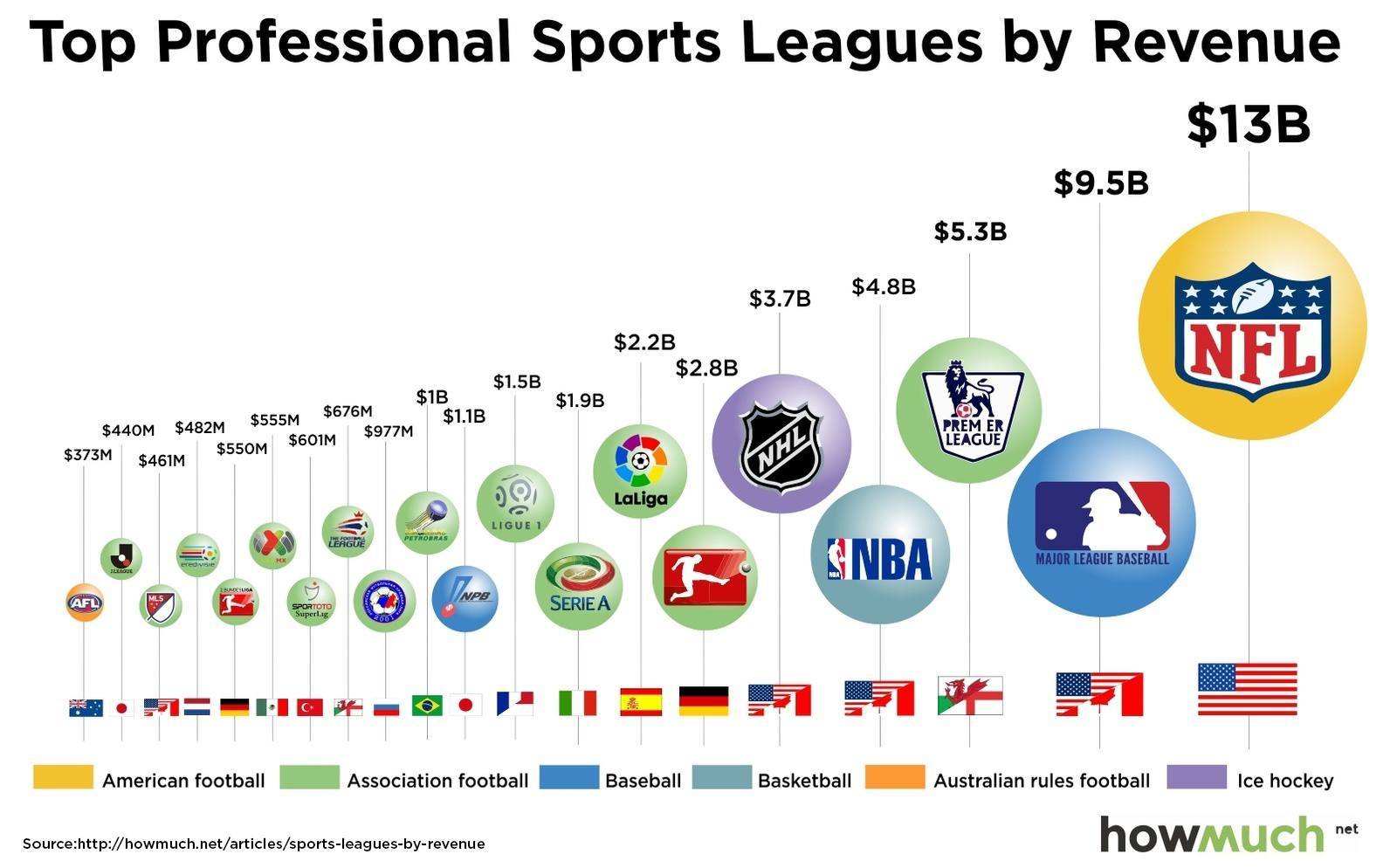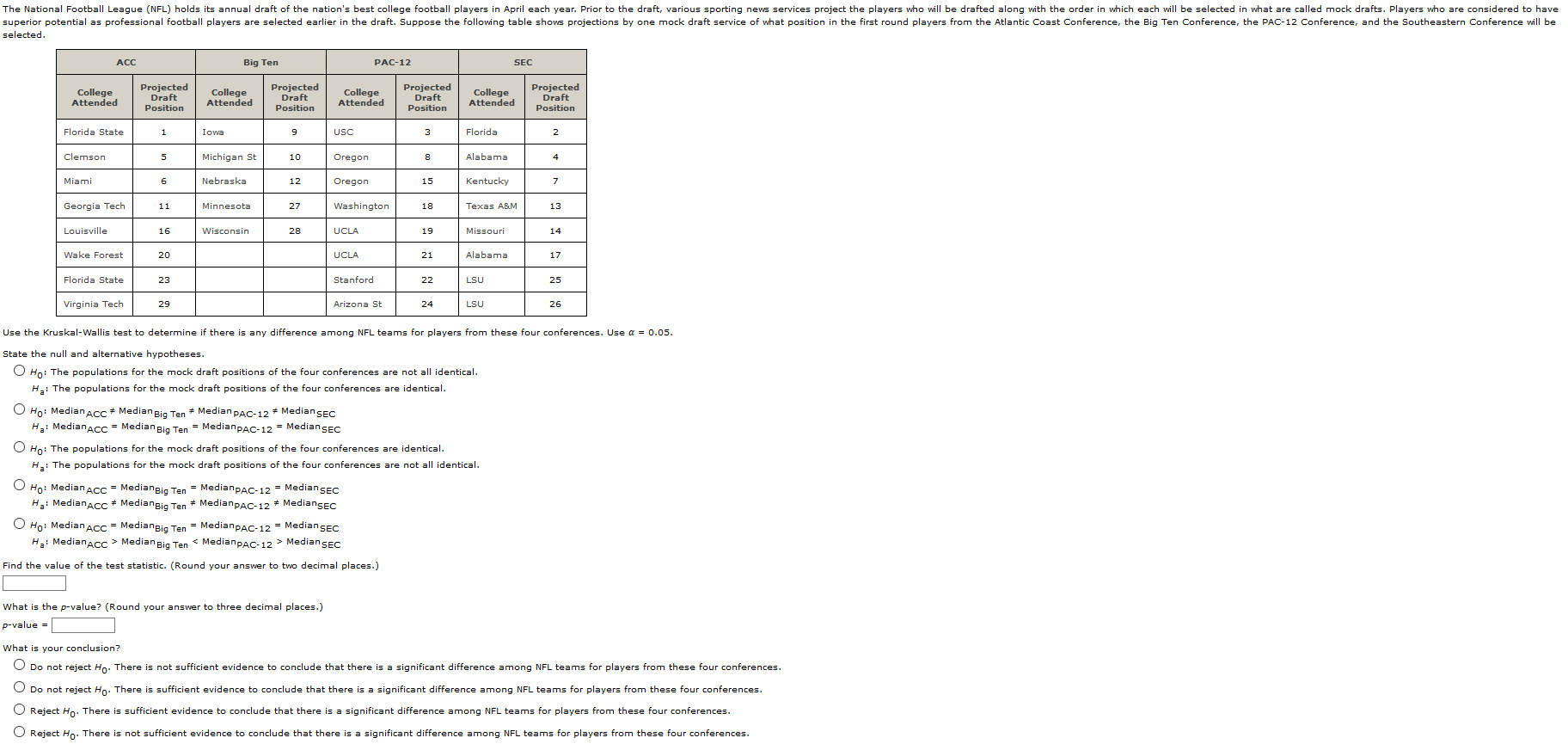The NFLPA Report Card: Nflpa Report Cards Spreading To Other Professional Leagues
The NFL Players Association (NFLPA) Report Card is a comprehensive evaluation tool that assesses the league’s performance in various areas related to player safety, working conditions, and overall well-being. It serves as a powerful instrument for the NFLPA to advocate for player rights and drive positive change within the league.
Key Features and Objectives
The NFLPA Report Card is a valuable resource for players, the NFLPA, and the league itself. It provides a transparent and objective assessment of the league’s performance in critical areas. The report card’s primary objectives include:
- Promoting Player Safety: The report card examines the league’s policies and practices related to player safety, including injury prevention, concussion protocols, and medical care.
- Enhancing Working Conditions: It evaluates the league’s policies on player compensation, benefits, and work-life balance, ensuring fair treatment and reasonable working conditions.
- Improving Transparency and Accountability: The report card fosters transparency by providing a clear and comprehensive assessment of the league’s performance, holding the NFL accountable for its actions.
- Facilitating Collective Bargaining: The report card serves as a valuable tool in collective bargaining negotiations, allowing the NFLPA to advocate for player rights and improvements based on objective data.
Examples of Impact, Nflpa report cards spreading to other professional leagues
The NFLPA Report Card has played a significant role in driving positive changes within the NFL. Here are some examples:
- Concussion Protocols: The report card has highlighted the importance of stricter concussion protocols, leading to improvements in the league’s concussion management procedures. The NFLPA has used the report card to advocate for changes in concussion testing, return-to-play guidelines, and independent medical evaluations.
- Player Safety Equipment: The report card has been instrumental in promoting the use of safer equipment, such as improved helmets and pads, to reduce the risk of injuries. The NFLPA has leveraged the report card to advocate for stricter safety standards and the adoption of new technologies that enhance player protection.
- Retirement Benefits: The report card has drawn attention to the need for better retirement benefits for players, particularly those with career-ending injuries. The NFLPA has used the report card to advocate for increased retirement benefits, including medical coverage and financial support.
Potential Benefits and Challenges of Implementation
Implementing a similar report card system in other professional leagues could bring several benefits:
- Improved Player Welfare: A report card system can promote player safety, fair working conditions, and overall well-being by holding leagues accountable for their actions.
- Enhanced Transparency and Accountability: The system can increase transparency and accountability within leagues, fostering trust and collaboration between players and management.
- Strengthened Collective Bargaining: A report card can provide valuable data for players’ associations during collective bargaining negotiations, empowering them to advocate for better working conditions.
However, implementing a report card system in other leagues also presents challenges:
- Data Collection and Analysis: Gathering and analyzing the necessary data to create a comprehensive and accurate report card can be complex and resource-intensive.
- League Resistance: Some leagues may resist the implementation of a report card system, viewing it as an intrusion or a threat to their autonomy.
- Public Perception: The report card’s findings may attract negative publicity, potentially damaging the league’s image if it receives a low score.
Adapting the NFLPA Report Card to Other Sports

The NFLPA Report Card has become a valuable tool for evaluating the working conditions of NFL players. Its success has sparked interest in adapting this model to other professional sports leagues. However, the challenges and opportunities associated with such an adaptation are multifaceted and require careful consideration.
Tailoring the Report Card to Specific Sports
Adapting the NFLPA Report Card to other sports requires careful consideration of the unique characteristics of each league. These differences can include:
- Player Demographics: The demographics of players vary significantly across sports, impacting factors like injury rates, retirement age, and career longevity. For example, the NBA has a higher proportion of international players, while the NHL has a higher proportion of players with shorter careers.
- League Structures: The structure of leagues, including salary caps, draft systems, and free agency rules, can influence player bargaining power and working conditions. The MLB’s free agency system, for instance, is significantly different from the NFL’s, impacting players’ ability to negotiate contracts.
- Injury Profiles: Different sports have distinct injury profiles, requiring specialized evaluation criteria. For example, a report card for the NBA would need to consider the unique risks associated with high-impact collisions and repetitive stress injuries, while a report card for the NHL would need to focus on the risks associated with concussions and long-term effects of body checks.
Addressing Player Concerns in Different Leagues
The report card can be tailored to address the specific concerns of players in different leagues. For example:
- MLB: The MLB report card could focus on issues like player health and safety, including concussion protocols and access to healthcare. It could also address concerns related to the length of the season, travel demands, and the use of performance-enhancing drugs.
- NBA: The NBA report card could highlight issues related to player compensation, including minimum salaries and the distribution of revenue. It could also address concerns related to the length of the season, the impact of back-to-back games, and the availability of mental health resources.
- NHL: The NHL report card could focus on issues related to player safety, including the enforcement of rules regarding body checking and the use of protective equipment. It could also address concerns related to the length of the season, the impact of travel, and the use of performance-enhancing drugs.
Nflpa report cards spreading to other professional leagues – The NFLPA’s report card system, designed to evaluate the player experience, has sparked interest across other professional leagues. This wave of evaluation could even extend to the world of golf, with the U.S. Women’s Open potentially securing its own media rights deal, creating a more independent platform for its players.
As leagues seek to improve athlete welfare and satisfaction, the NFLPA’s report card system serves as a blueprint for creating a more transparent and accountable environment.
The NFLPA’s innovative report cards, which provide detailed insights into player health and safety, are spreading like wildfire, inspiring similar initiatives in other professional leagues. This trend towards transparency and accountability is perhaps best exemplified by the christopher knight home chair , a symbol of solitude and reflection, which could be a fitting place for league officials to ponder the importance of player well-being.
As these report cards gain traction, they are poised to reshape the landscape of professional sports, fostering a culture that prioritizes the health and safety of athletes above all else.

